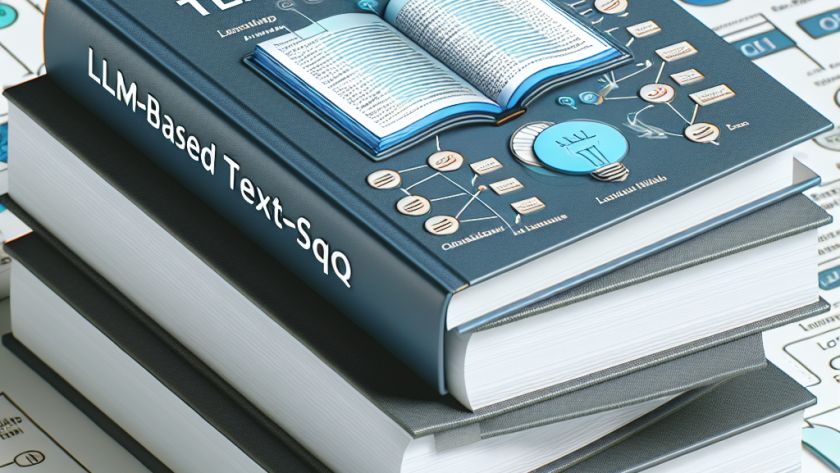The use of offline web and AI apps often encounters several hurdles. Users typically face multiple steps to get an app up and running, and those who aren't technically proficient may find the process confusing and lengthy. Furthermore, the management and customization of these apps often necessitate manual file editing, exacerbating the problem.
However, the introduction…











